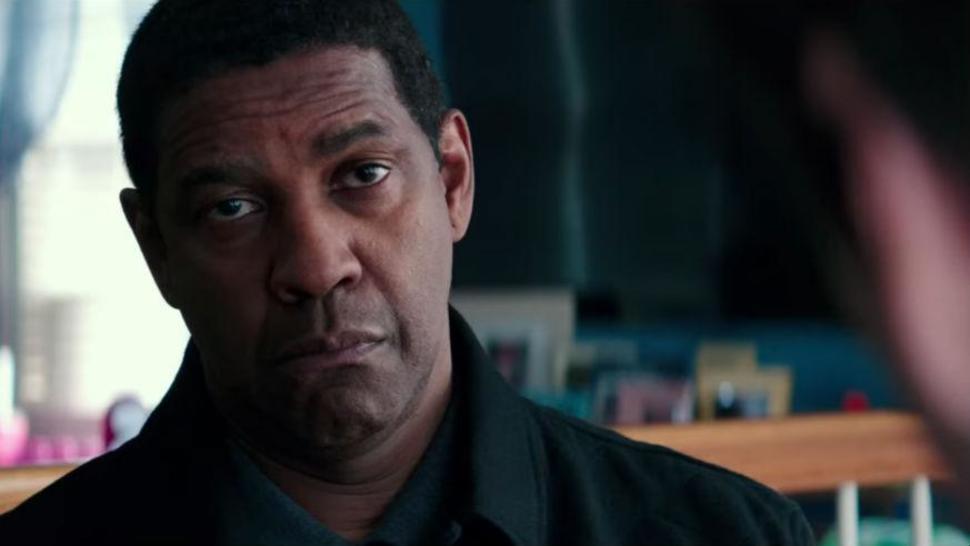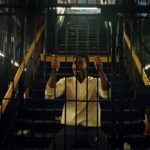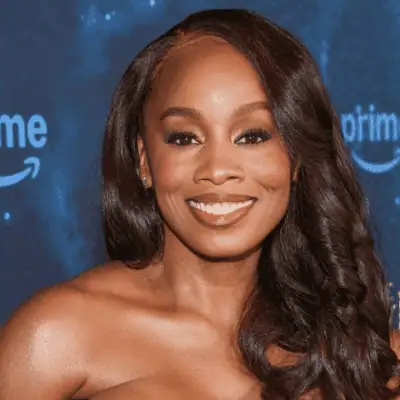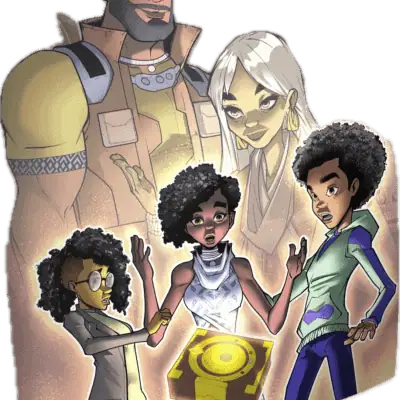
Denzel Washington stars in “The Equalizer 2”
Denzel Washington returns to his role as Robert McCall, former militiaman turned Lyft driver by day and vigilante by night, The Equalizer. He teams up with director Antoine Fuqua (Training Day) for a third time, the result, a strangely heartwarming, yet flinchingly violent pseudo-parable of reaping and sowing. While the film’s trademark is the fast paced fight scenes, they are, in my opinion, often upstaged by the unique way in which McCall expresses his care and concern for the community and the persons therein. McCall’s tough love is communicated in awkward, intentional silences, acts of retributive justice, and hilarious told-you-so style phrases delivered right before a serious ass-whooping. These mini lectures are funny because they so closely resemble those of a parent ready to bring forth punishment on a disobedient child. At times McCall sounds like a father, other times the old school neighbor from the up the block. Overall, the connecting thread is that he says what he says out of love and a desire for you to make better choices.
One of the relationships in the film that lends itself to these humorous displays of extended parenting is that between McCall and his teenage neighbor, Miles. Miles and McCall’s first interaction is in the common outdoor area of their shared apartment building. Vandals have destroyed neighbor Fatima’s garden and graffitied over the mural her brother painted; McCall is attempting to paint over their tagging and restore the mural. Miles voices his confusion as to why McCall would take it upon himself to do such labor when it is the landlord’s responsibility, to which the do-gooder responds with something along the lines of, “Everybody sees it and anybody could do it, but no one will.” This response sounds so simple that it tows the line between common sense and profundity. In other words, it sounds like something your father would say.
In another scene, McCall infiltrates a local gang hangout looking for Miles. McCall stands pointing the weapons he took from the gang members and ushers Miles outside of the apartment. Once they reach the first floor of the building, McCall addresses the conversation he interrupted where the gang members were pressuring Miles to kill his brother’s murderer. McCall hands Miles a gun and demands that he kills him first. Miles eventually hands the piece back and McCall grabs him real close and for what feels like five minutes, sarcastically reminds him of how tough he is. This is classic reverse psychology – a method I am convinced has been used by black parents for centuries. Its relatability had me cracking up in the theatre, and I am sure I was not the only one.
While Miles seems to function as a sort of adopted son, in true black parent fashion, he is not the only recipient of these moments of fathering. After severely injuring a group of rich brats who gang raped an intern from their company, only one perpetrator remains. He is still conscious because he was the only one smart enough not to come for McCall; however, he knows his time is coming and he starts sobbing. McCall tells him “Don’t cry now” before shattering his hand. If this don’t sound like someone’s mother right before they are about to get them with the belt. To be clear, I am not championing corporal punishment. I presently do not have any children, and I am personally not invested in spanking them. I found his dialogue much more entertaining than the violence; in fact, I had to close my eyes and cover my ears for the majority of the fight scenes as they were simply too much for me. When my eyes were open, I was screaming and squeezing my sister’s hand.
In addition to McCall’s community-oriented nature, I liked the fact that he was an avid reader. I especially appreciated the deliberate inclusion of Ta Nehisi Coates’ Between the World and Me, which signaled McCall’s investment in his black male identity. It made me respect his tough love practices even more. Although, at times, like a parent, his lectures can be quite annoying, and his OCD is taxing and uncomfortable, I would love to have a Mr. McCall as a parent, or even just a neighbor.





